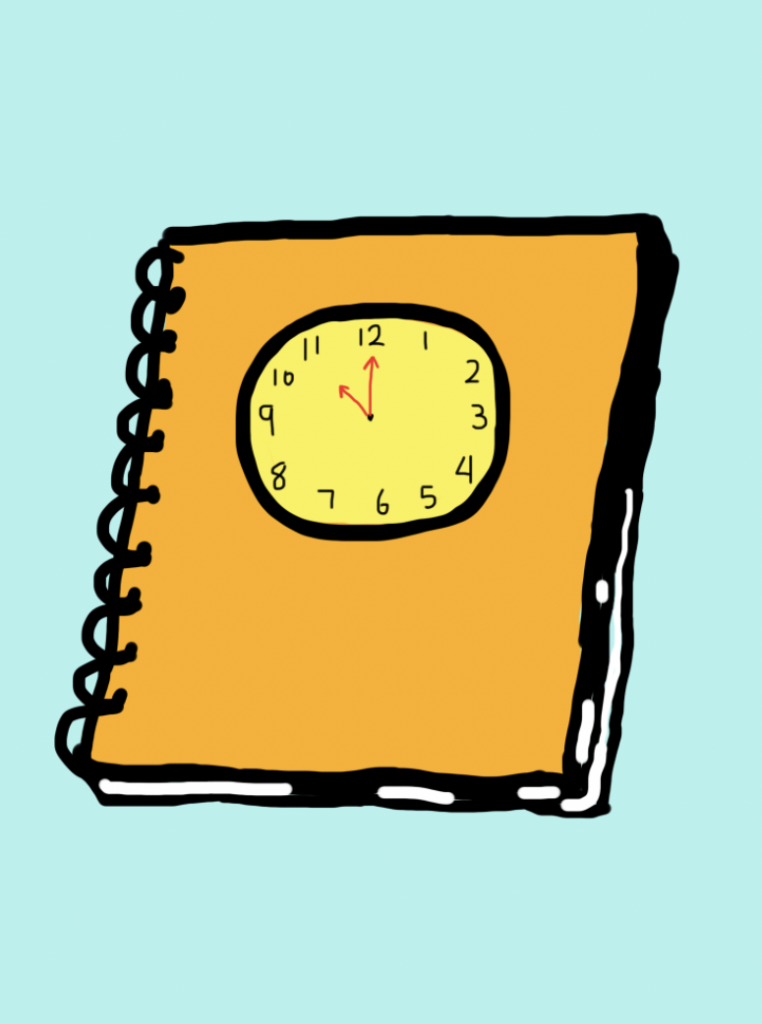Eleventh Hour Literary, a new journal at Binghamton University, aims to highlight perseverance and confidence by only featuring pieces that have been rejected, revised and revisited at least 10 times.
The premise behind Eleventh Hour came about more than a year ago when editor-in-chief Rhonda Branca MA ‘04, Ph.D. ‘10, the director of Lyceum, and managing editor Ethan Knox ‘20, an internal communications specialist, recognized the challenges in finding a supportive workshop group after graduating from writing programs. The journal received its first year of funding from the office of University President Harvey Stenger and is overseen by the Professional Staff Senate, where the journal also draws its editors.
The publication’s name was chosen as a reference to the commonly-used phrase, meaning the last possible moment, but also to acknowledge the 10 rejections that submitted work has previously experienced. An illustration of Penelope from Homer’s epic poem, “The Odyssey,” is the journal’s logo, which is meant to capture the importance of perseverance under challenging circumstances.
Over this past year, to obtain some control over submitting her first short story collection for publication as individual stories and as a collection, Branca set a goal to receive 100 rejections. This experience led to the creation of a journal dedicated to publishing work that has been repeatedly overlooked, which Branca attributed to the volume of submissions at well-established literary publications.
“We want to focus on work that has already gone through the gauntlet,” said Branca. “We want to focus on work that the writer believes so strongly in that they’re willing to submit it over and over and over again until it finds the home it deserves.”
The publication’s mission is to help writers see rejection not as a sign of failure but as an unavoidable part of pursuing a path forward and to make the rejection process more transparent. It plans to provide feedback beyond a standard rejection letter by using a tier system. In this process, two people will read each story, and one or both readers send it to a third person, who decides whether the submission proceeds to the final round. Then, the piece is read by the entire board and ranked. All submissions will be blind-read, and Branca said letting a writer know exactly how far their piece advanced will be helpful and constructive, rather than discouraging.
“We’re hoping that we can give out tiers, so that someone who submits to us will know ‘oh, at least this made [it] past the first round,’” Branca said. “’At least this made it through three editors.’ That’s something, right?”
The submission deadline for the inaugural issue is Nov. 30 at 11:59 p.m. or 200 submissions, whichever comes first. While the journal will be focused mainly on prose, the founding editors hope that the journal will expand to include poetry and artwork soon. The first issue will feature the top-10 ranked submissions, with a $200 payment awarded to the highest-ranked piece. It will be published on their website and archived by The Open Repository at Binghamton. There have been discussions about the possibility of pursuing print in the future.
Knox said Eleventh Hour hopes to reshape how writers view rejection.
“We wanted to change our personal narrative of it but hopefully also other people’s,” Knox said of rejection. “[We want to] think more of rejections as a badge of honor or something that shows just how committed you are to the craft.”



